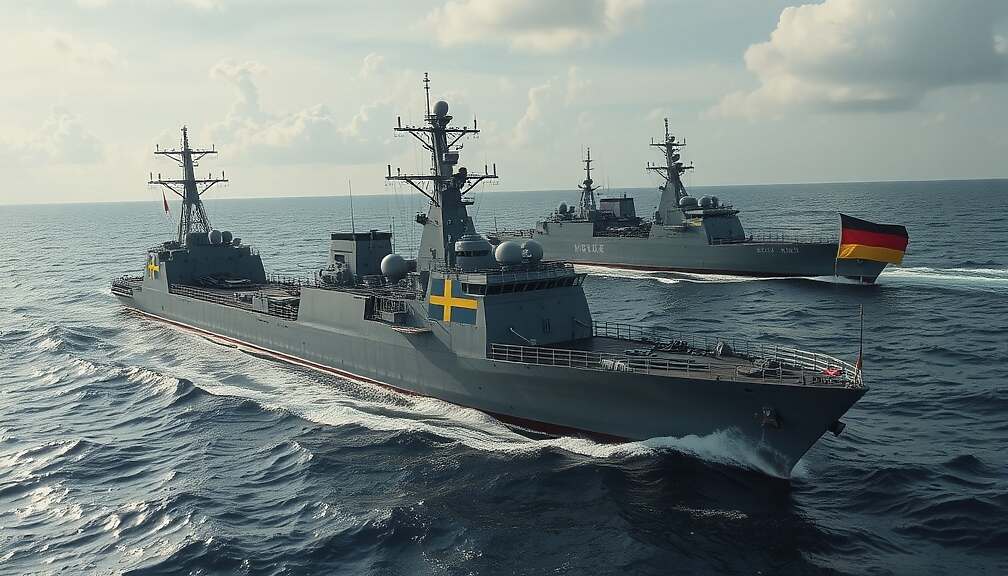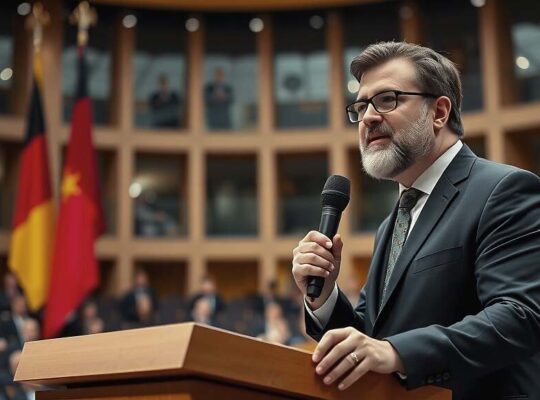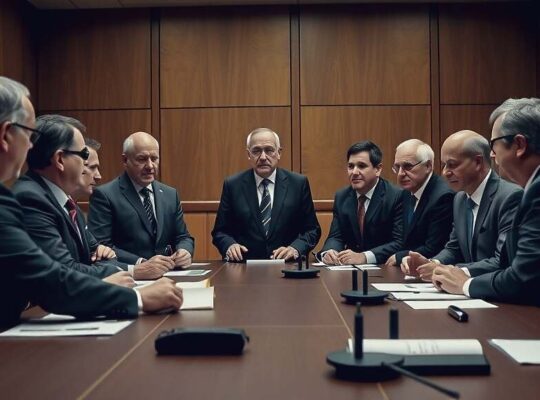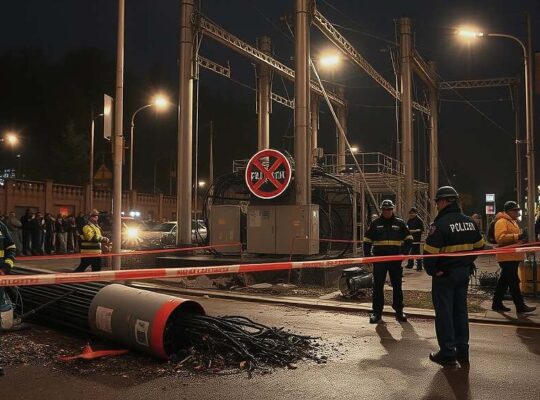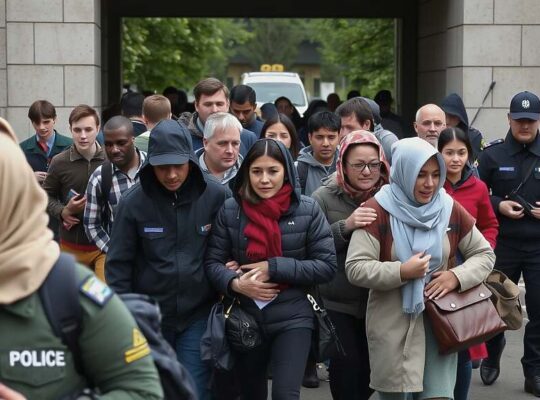The commencement of the Berlin Security Conference saw Swedish Defence Minister Pål Jonson underscore the critical importance of military collaboration with Germany for maintaining stability in Northern Europe. In an interview with “Politico’s Berlin Playbook” podcast, Jonson stated that the Swedish and German navies constitute the cornerstone of Baltic Sea security, a region experiencing a “fundamentally changed” dynamic.
Jonson’s assessment highlighted Russia’s increasing exploitation of the Baltic Sea as a vital trade route due to disruptions elsewhere, leading to new geopolitical challenges. He specifically cited the emergence of a “shadow fleet” coupled with increasingly aggressive behavior from the Russian Baltic Fleet and incidents of sabotage targeting critical underwater infrastructure, necessitating heightened vigilance. Responding to these developments, NATO has expanded its Baltic Sentry mission, with Sweden’s integration into the alliance streamlining operational coordination, according to the Minister.
Addressing concerns over drone overflights across Scandinavia and Northern Germany, Jonson stressed the necessity of clear rules of engagement. He affirmed that Swedish forces are legally empowered to intercept and, if necessary, shoot down intruding aircraft or drones, particularly those operating near military installations. Decision-making authority, he emphasized, rests with on-site commanders and is not subject to political interference.
Jonson framed Sweden’s recent NATO membership as a “watershed moment” in the nation’s defence policy, representing the most significant shift in over two centuries. The relinquishment of its long-held stance of military neutrality, he argued, has allowed Sweden to assume a more robust role within the alliance, including acting as a framework nation for advanced land forces in Finland, deploying a mechanized battalion to Latvia and providing Gripen fighter jets for air policing missions in Poland. “We are no longer just partners – we are allies” Jonson declared.
The reinstatement of mandatory military service in Sweden since 2017 also drew attention, with Jonson insisting the selective conscription system – currently drawing approximately ten percent of each graduating year – is both effective and widely supported, boasting more applicants than available places. He positioned the conscription system as fundamental to ensuring a motivated and sufficiently staffed armed forces.
Finally, Jonson reiterated unwavering support for Ukraine, characterizing assistance as both a moral imperative and a strategic investment in European security. He endorsed the bolstering of Ukraine’s defensive capabilities and offered tacit approval for Germany’s potential supply of Taurus cruise missiles, while acknowledging the ultimate decision rested with Berlin. The Minister’s remarks underscored a significant intensification of Sweden’s security posture within the evolving geopolitical landscape of Northern Europe.


